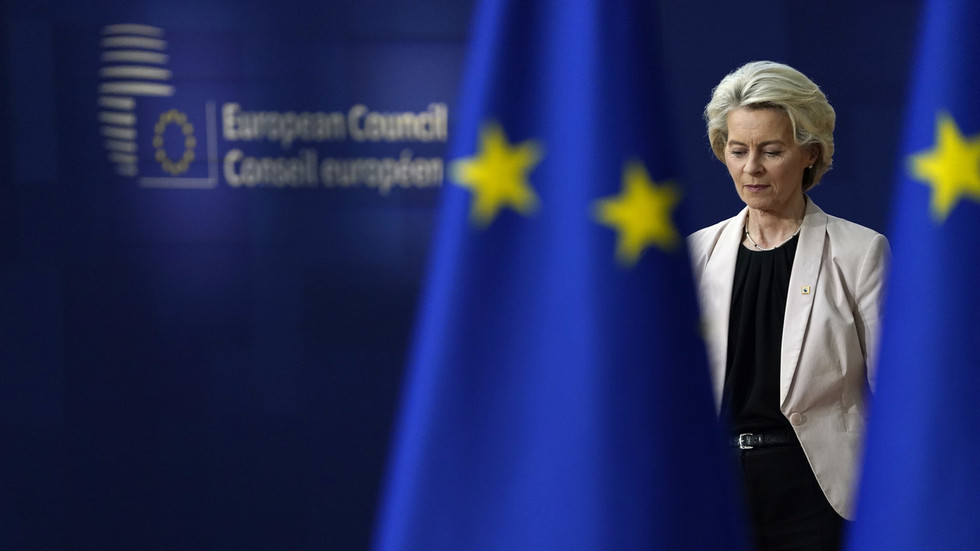In recent times, the dynamics between Western European leaders and the United States have shifted dramatically, particularly with the potential return of Donald Trump to the presidency in the upcoming election. The once-celebrated alliance, characterized by a shared commitment to transatlantic cooperation, has begun to resemble a tumultuous relationship—one that has left European leaders grappling with their role as America’s allies. As speculation arose regarding Trump’s political resurgence, leaders across the European Union appeared anxious, seemingly caught off guard while awaiting the US election results. Rather than organizing celebratory gatherings, they opted for a more subdued approach, reflecting on the uncertainty that Trump’s potential victory would bring. The apprehension within the EU resonates with a deeper governmental crisis amidst soaring national public discontent and growing anti-establishment sentiments across multiple member nations.
The sense of impending doom among EU officials has been further compounded by the recent joyous moments enjoyed during Biden’s presidency, which now appears to have been more of a mirage than a sustainable partnership. Observers note the irony in how the EU may have misinterpreted Biden’s ostensibly amicable behavior as genuine goodwill, distinguishing these moments from earlier relations with Trump. Under Biden, discussions surrounding sanctions against Russia and energy replacements not only strained EU economies but also revealed a disconcerting disconnect between Washington’s supportive promises and the harsh realities faced by European constituents. As European citizens express discontent with both the escalating costs of living and the war in Ukraine, leaders seem trapped in a cycle of self-deception—believing that their interests align seamlessly with those of the Biden administration, despite evidence to the contrary.
Within this precarious balance, UK Labour Party leaders have also found themselves walking a tightrope. Prime Minister Keir Starmer’s past anti-Trump sentiment—which included associates actively campaigning against him—has shifted dramatically following Trump’s re-election. Starmer’s about-face regarding Trump’s international relations serves as a microcosm of the EU’s wider struggle to navigate its stance toward US leadership. The political gamble by Labour, rooted in aspirations for a more favorable transatlantic trade deal, reflects the desperate need for European political players to reevaluate their diplomatic strategies and alliances. This quickly evolving game has resulted in Starmer urging harmony with Trump, illustrating a widespread scramble to mend fences in anticipation of the implications of his return to power.
Intriguingly, the recalibration of relationships is not limited to Britain. In a somewhat ironic twist, EU Commission President Ursula von der Leyen, who previously criticized Trump as a “threat to democracy,” extended warm congratulations following his re-election. This flip-flopping behavior highlights the inconsistency in EU leadership’s approach to Washington amidst a backdrop of deteriorating international relations and budding isolationist sentiments. Furthermore, individuals like Ukrainian President Volodymyr Zelensky have expressed an urgent desire to maintain connections with Trump, reframing their previous positions to curry favor with the new-old administration despite ongoing critiques regarding the effective management of US military aid in Ukraine.
The potential ramifications of Trump’s re-election are sending shockwaves through the European political landscape, exposing the existential crisis that the EU faces if it continues to rely on American leadership. With Trump potentially altering or abandoning support for Ukraine, European leaders find themselves contemplating greater autonomy from Washington—an effort to redirect their diplomatic efforts and economic policies towards fostering their contingencies amid faltering American commitments. Such realizations hint at a generational reckoning in how European leadership perceives its role on the global stage and the need to cultivate a sovereign path away from unquestioned subservience to the US.
Ultimately, the growing distress about America’s unpredictable political climate has left European leaders feeling vulnerable and disoriented. The specter of Trump looming large has forced them to reassess their priorities and obligations, heating up demands by their constituents for leaders to prioritize European interests above being compliant allies. As necessary decisions loom on both sides of the Atlantic, a significant transformation may be on the horizon—one that perhaps compels European leadership to finally confront uncomfortable truths about its position in relation to the United States and rethink the degree to which it can afford to be tied to the whims of Washington without ensuring its own stability and agenda.

